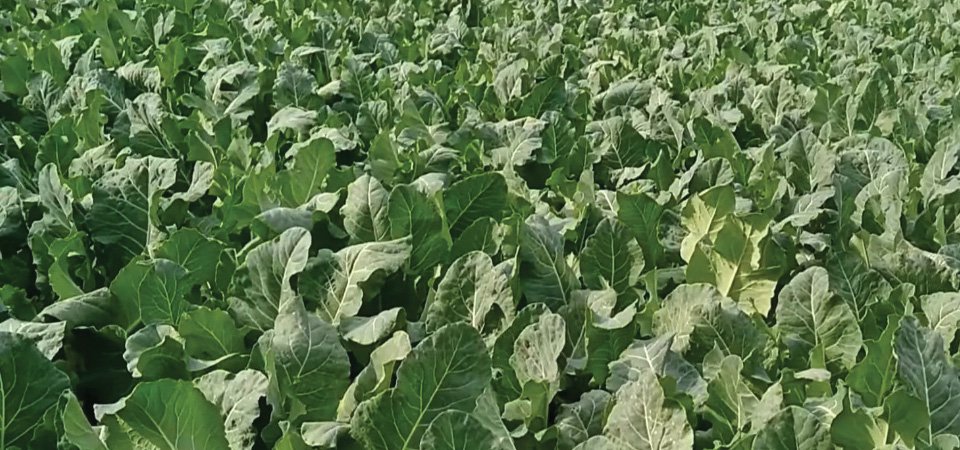ROLPA: After the realization of the impact of climate change on agriculture, the farmers in Rolpa have waged the option of climate-smart agriculture in recent days.
Thirty households from Gajul village of Sunilsmriti Rural Municipality-6 have launched the farming considering the adaptation.
“We began farming by reforming old techniques. Excessive use of chemical fertilizers and pesticides caused harm to human health and the environment.
So, climate-smart agriculture is adopted,” said Indra Bahadur Thapa, a leading farmer, adding that the invasive plants have hassled farmers for some years.
Now, the farmers here learned how the invasive plants themselves could be made a compost.
“Following bio chart, the invasive weed is changed into compost and used for fertilizer,” he shared the innovative way of farming.
The weed is burnt and its residue- coal- is used as fertilizer. The farmers said the coal helps maintain humidity in the soil. Even cow urine is used as fertilizer.
It takes seven days for the farmers to make fertilizer from invasive weeds.
Similarly, other biological controls of invasive plants are put in place.
Instead of the pesticide available on market, they prepare it on their own and use it. The invasive insects are killed, making traps with water, and fire.
However, organic farming products are sold at a higher price, causing some problems in the market, according to Thapa.
“If the local government helps me get my organic products certified, I am ready to supply these with stickers in the markets of the federal capital, Kathmandu,” he shared, seeking the help of the government.
Meanwhile, climate change expert Umakant Guragain, informed that the adaptation programs have provided some financial and technical supports to farmers involved in climate-smart farming.
The agriculture continued by the farmers without harming human health and the environment is significant learning for others on climate-smart agriculture.
Chairperson at Ward No 6 of Sunilsmriti Rural Municipality, Arjun Subedi, informed that the practice of climate-smart agriculture and adaptation measures could be expanded in other wards as well.
Subedi believed that the farmers of Gajul are inspiring figures to the farmers in the vicinity.
A group of 30 farmers holds a meeting every 15 days and exchanges experiences and skills.
(UMA KC/RSS)









Comment